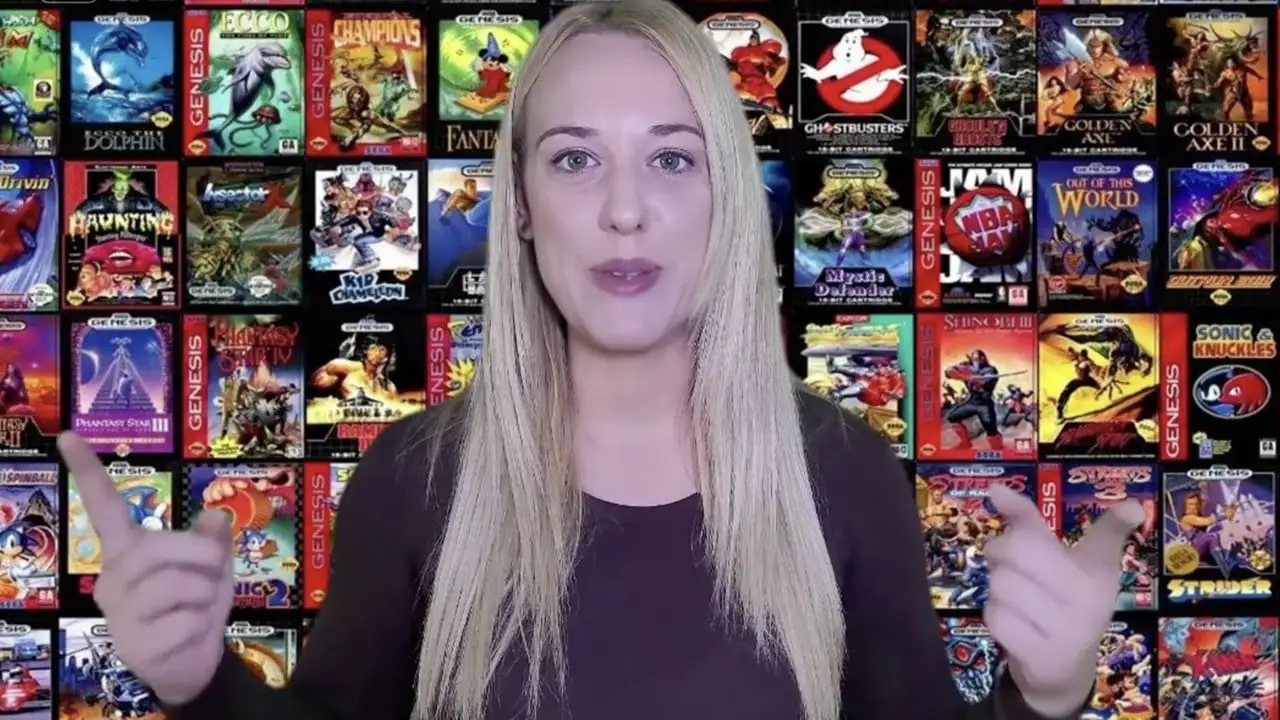SuperSega Explains It’s Afraid Analogue Will Steal Its Ideas
SuperSega, the project behind a FPGA console aiming to run games from all Sega home consoles, has faced backlash over poorly shot videos and misleading marketing. The Spanish development team has released a Q&A addressing some of these issues.
Key Points
- Financial Constraints: SuperSega members say they are not rich but claim enthusiasm is their driving force. They have limited resources due to funding challenges, resulting in basic prototypes with no excess money for professional video production or fully finished boards.
- Quote: “We only have 2 boards, which cost us 15K euros per not finished board.”
- Prototype Protection: They are worried that showing a prototype could expose their technology to Analogue or other competitors, risking intellectual property theft or copying of designs.
- Quote: “If we send some unit, it may be damaged, loosen, etc, and also can be taken by other company like say Analogue etc… and then they can reverse and copy us the cores and design.”
- Video Quality: Poor videos are attributed to insufficient funding for better production quality. They have showcased limited progress due to the lack of proper equipment and resources.
- Quote: “Not enough resources.”
SuperSega aims to adhere strictly to a published timeline. Despite these challenges, their ambitions remain clear: delivering an FPGA console that can run all Sega classic games with minimal performance compromises.
Do you think SuperSega’s concerns about Analogue are grounded in reality? Have you pre-ordered and been charged the full amount?
I do not think they should be afraid of Analogue. It’s not like they release a new machine in 2 weeks. Also, they much prefer to sell 1 machine per console rather than an all-in-one machine.
Regardless of what they have, as a consumer, the SuperSega looks like a vaporware. It’s a very ambitious project and we have almost nothing that confirms they are able to build such machine.
Analogue is also very bad when communicating, but they have a good-enough track record (at least hardware-wise, software is usually bare-bones at launch).



